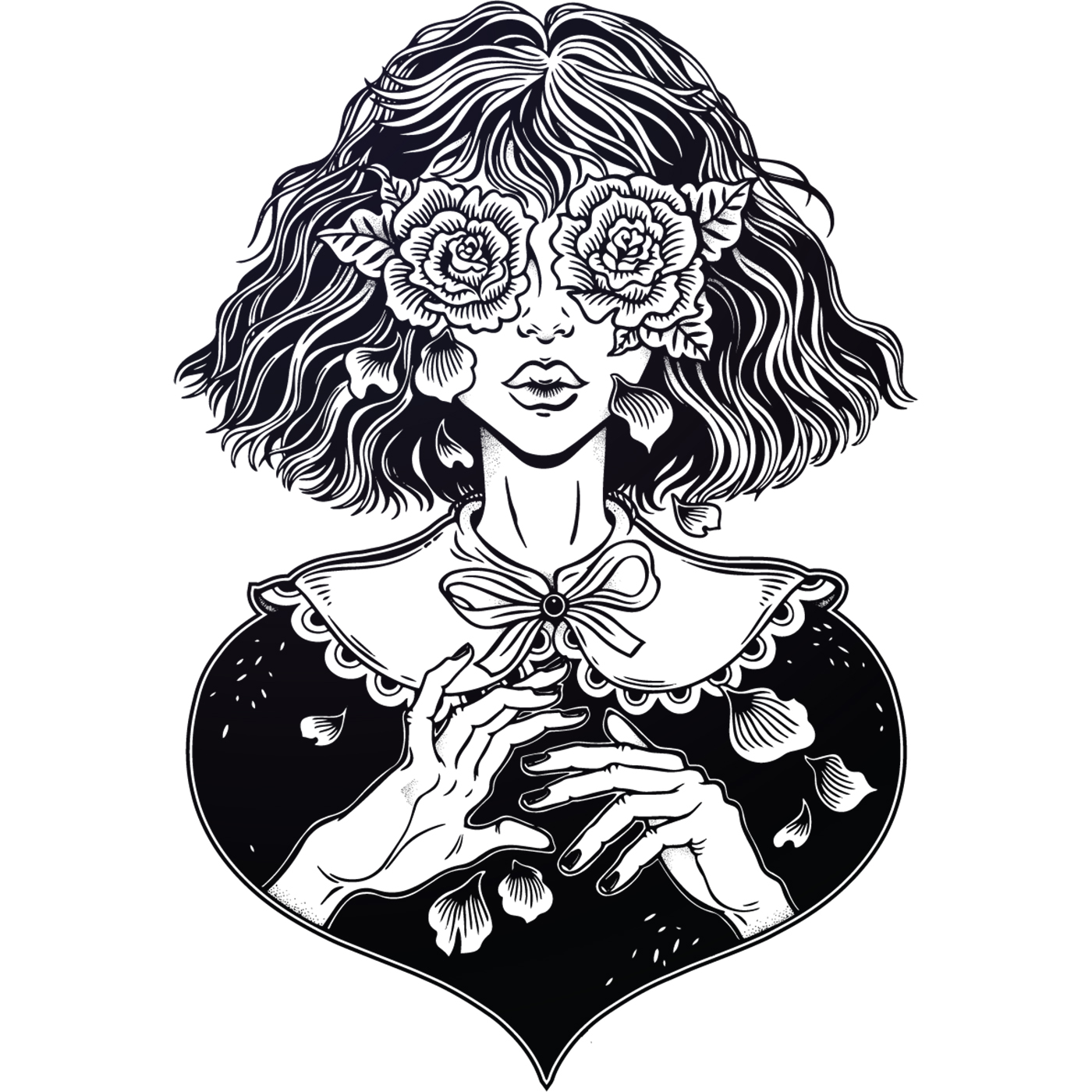Show Notes
It’s about marriage and divorce, women and men, and the complexity or simplicity of relationships. I love Wharton’s adept turn of phrase. She can say so much in one little sentence. For example, “It was so delicious to cry over imaginary troubles!” or “Womanlike, she wanted to turn her disobedience into a law.” While Wharton was not considered a feminist, her sympathy with her female characters and their situations in society reveals so much insight and understanding of feminist issues. Did you know that 1/3 of her 86 short stories center on The Marriage Question? And in her stories, she exposes the consequences of abortion, illegitimacy, economic dependency, and the double standard of sexual morality. Not bad for a woman who doesn’t consider herself a feminist.
